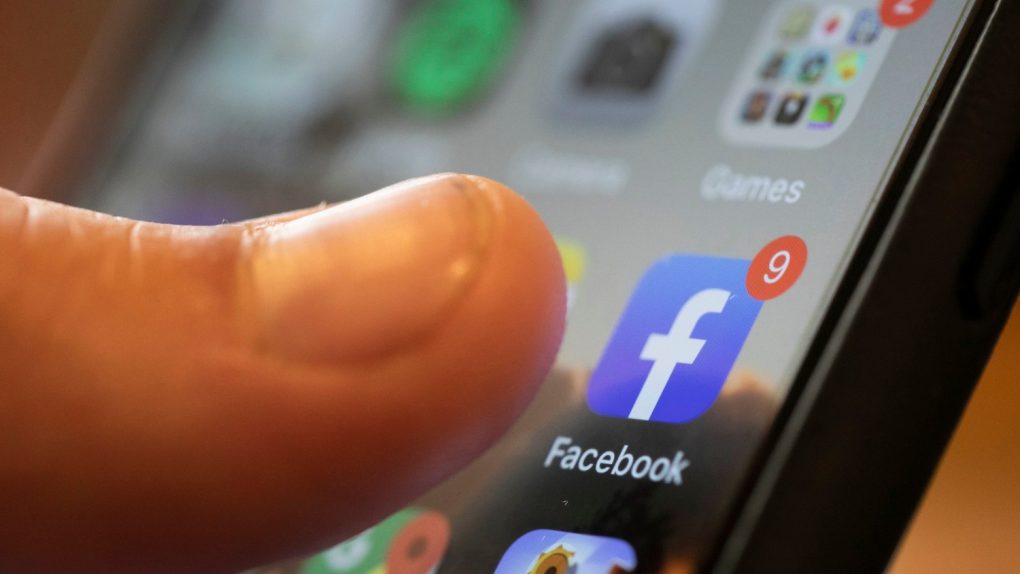- Facebook’s anti-misinformation measures for coronavirus news already backfired, with a bug in the system blocking genuine information from getting through.
- Facebook acknowledged the issue, said the legitimate articles that were blocked before would be brought back, and fixed the issue.
- Facebook, Twitter, and YouTube will continue to fight COVID-19 fake news during the pandemic.
- Visit BGR’s homepage for more stories.
Facebook’s Mark Zuckerberg told The New York Times that his company will “take a much harder line” on coronavirus misinformation. If there’s anyone out there that should have an idea of how bad the fake news problem is on social networks, that’s Facebook. The company faced huge criticism following the 2016 presidential elections when armies of trolls spread misinformation that went viral. It turns out Zuckerberg really meant it when he said Facebook will have measures in place to combat coronavirus pandemic news, but those measures backfired spectacularly. A bug in the algorithm had an unexpected side-effect, blocking genuine articles from appearing on Facebook right alongside fake news.
Multiple Facebook users took to Twitter to report instances where legitimate news articles about the COVID-19 pandemic were blocked on Facebook, including Business Insider, BuzzFeed, The Atlantic, The Times of Israel, and others. Here are some examples that shows the kind of errors they got on Facebook:
Facebook decided that my posting of this Times of Israel article is spam. (It’s not spam.) pic.twitter.com/3NqUbiwmyi
— Mike Godwin (@sfmnemonic) March 17, 2020
@elbuder – tell you know that @Facebook just removed the link I posted to your recent article in @TheAtlantic . "Your post goes against our Community Standards on spam," is the reason they gave. Upsetting that this important communication is considered by anyone as spam. pic.twitter.com/iYjgbXQNYB
— VJ Um Amel (@vj_um_amel) March 17, 2020
Facebook did not explain initially what the problem was, with former Yahoo and Facebook security exec speculating on Twitter that it was the anti-coronavirus-fake-news measures that Facebook put in place that caused the bug, combined with Facebook’s privacy practices:
It looks like an anti-spam rule at FB is going haywire. Facebook sent home content moderators yesterday, who generally can’t [work from home] due to privacy commitments the company has made. We might be seeing the start of the [machine learning going nuts with less human oversight.
Facebook, however, denied the bug was related to its content moderator workforce, and the company’s Vice President of Integrity Guy Rosen addressed the matter, also on Twitter:
We’re on this – this is a bug in an anti-spam system, unrelated to any changes in our content moderator workforce. We’re in the process of fixing and bringing all these posts back.
A couple of hours later, the Facebook exec explained the issue was fixed, and the censored articles were brought back. Apparently, a lot of legitimate posts were removed because of the bug:
We’ve restored all the posts that were incorrectly removed, which included posts on all topics – not just those related to COVID-19. This was an issue with an automated system that removes links to abusive websites, but incorrectly removed a lot of other posts too.
Since the early weeks of the coronavirus outbreaks, we’ve witnessed an increasing wave of fake news online, with many of those myths going viral for the wrong reason. We’ve debunked some of them, but it’s really up to tech companies to prevent misinformation in cases like this one, whether it’s Facebook, Twitter, or YouTube. Whatever they do, however, they have to ensure that genuine information makes it to the billions of people seeking the latest news on the pandemic — The New York Times’ article on the matter is a recommended read to anyone keeping tabs on the coronavirus outbreak via social networks.








